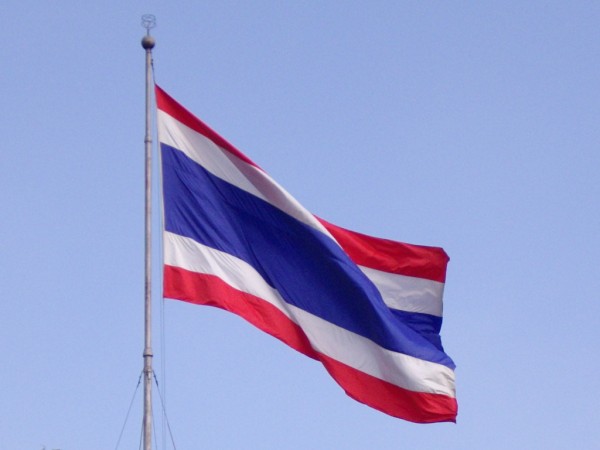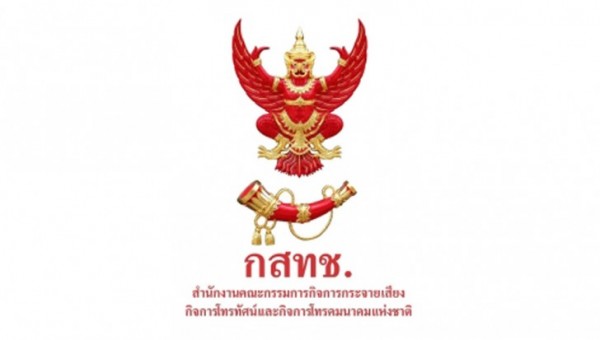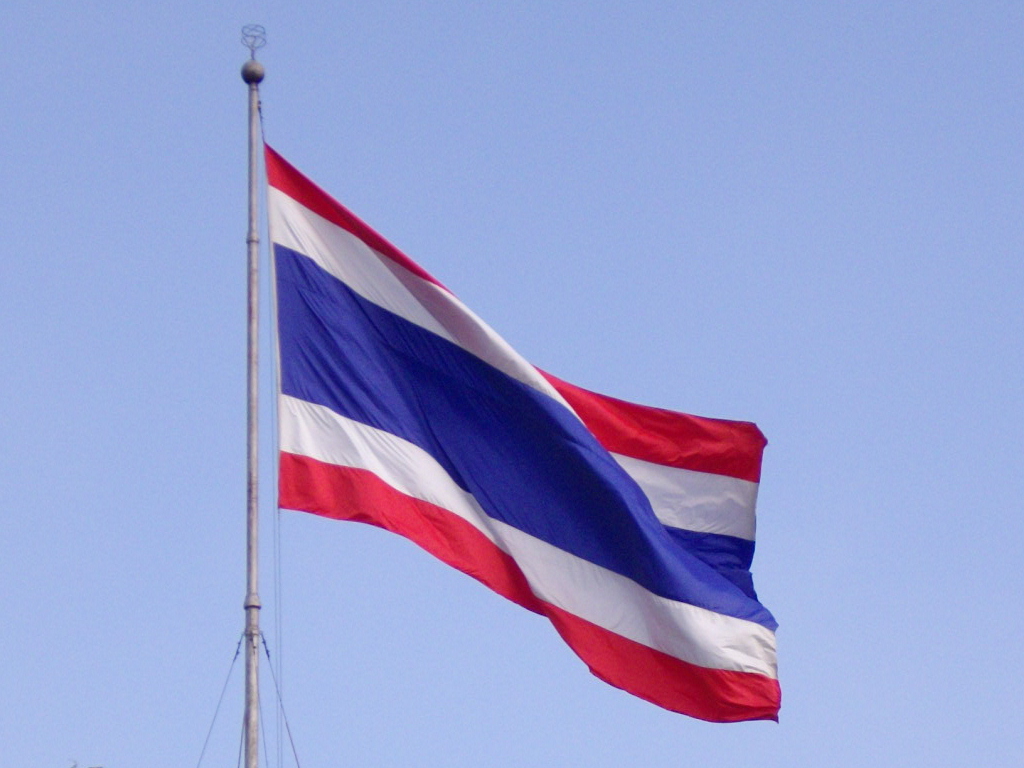
Thailand has “authorised” local internet service providers to monitor and block webpages that threaten national security without needing to secure permission from regulators. This would allow the ISPs to use their own discretion in shutting down content that also breaches the country’s strict lese majeste laws.
The new measures were made at a meeting between the National Broadcasting and Telecommunications Commission (NBTC), the ISPs, and the police’s Special Branch. As a result of this, the ISPs will first block a website, before reporting it to the NBTC. This is a reverse of the old law which required all permissions before any content could be blocked. The Bangkok Post notes that it is not clear where this new power of censorship comes from, or who authorised it.

Once the offending content has been blocked and reported, it then falls to the Special Branch to press charges against whoever is responsible. The NBTC will also continue to monitor the internet for anything the ISPs miss.
Thailand has some of the strictest laws against insulting the royal family, with some 93 lese majeste charges been filed by the current government which has been in power since last May. This expansion of authority to the ISPs looks like the government is expanding efforts to clamp down on dissent, and it is likely that the internet providers will face large amounts of pressure to comply with the directives.
This shift of responsibility for censorship from government regulators to ISPs is unprecedented in this part of the world, and it could only spark more problems for the country which is currently under military rule.
[Source: The Bangkok Post, via: ZDnet]
Follow us on Instagram, Facebook, Twitter or Telegram for more updates and breaking news.



